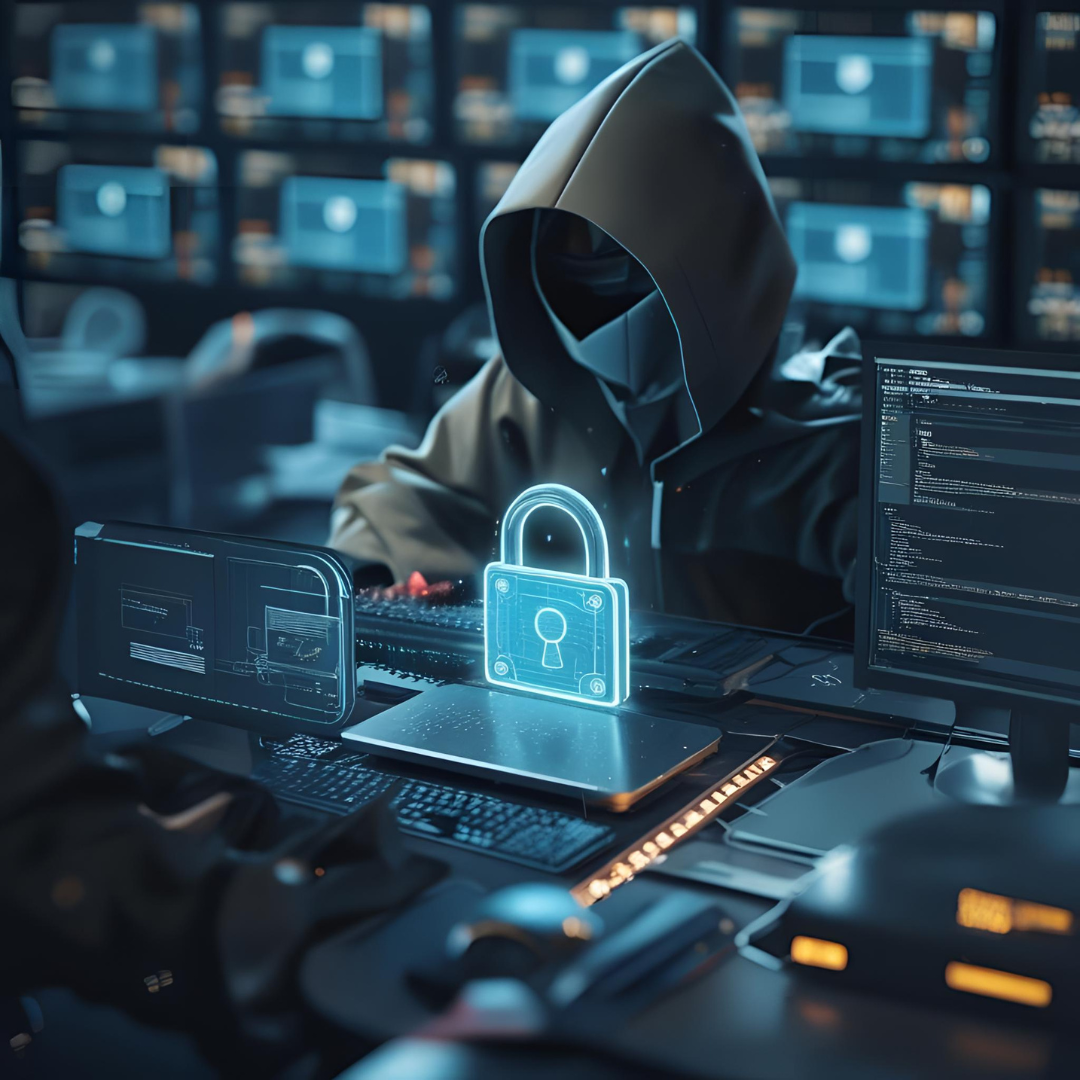1. Facts of the Case
Mr. X stole a creative video film made by his friend and classmate, Mr. Y, on the subject of heritage sites in Hyderabad. Without Mr. Y’s permission, Mr. X uploaded the video on YouTube, a global video-sharing platform.
Upon discovering the unauthorized upload, Mr. Y filed a complaint and takedown request with YouTube, claiming infringement of his copyright. YouTube responded promptly on the same day and removed the infringing video from its platform.
The key legal question that arises is whether YouTube, despite acting swiftly, is legally liable for contributing or assisting in Mr. X’s unlawful act of copyright infringement.
2. Issues in the Case
- Does YouTube incur liability for hosting and publishing a copyrighted video uploaded without the owner’s consent?
- Is YouTube protected as an intermediary under Indian cyber and copyright laws?
- What obligations do intermediaries have when notified of unlawful content?
- Can prompt action upon receiving notice absolve YouTube of secondary liability?
3. Legal Principles Covered
A. Copyright Act, 1957 (India)
- Section 51(a)(ii): Copyright is infringed when a person, without permission, communicates the work to the public.
- Section 63: Criminal liability for willful copyright infringement.
- However, liability does not automatically extend to platforms unless they play an active role in dissemination.
B. Information Technology Act, 2000
- Section 2(w): Defines an “intermediary” as a person who receives, stores or transmits information on behalf of another person.
- Section 79 – Exemption from liability of intermediaries:
- Grants conditional “safe harbour” to intermediaries if:
- They do not initiate or modify content;
- They follow due diligence;
- They act upon receiving actual knowledge of unlawful content.
- Grants conditional “safe harbour” to intermediaries if:
- Information Technology (Intermediary Guidelines and Digital Media Ethics Code) Rules, 2021:
- Rule 3(1)(d): Intermediaries must remove or disable access to unlawful content within 36 hours of receiving a complaint.
- Rule 4: Grievance Redressal mechanism requirement for large platforms.
C. Relevant Case Law
- Shreya Singhal v. Union of India (2015):
- Supreme Court held that intermediaries are not liable until they receive actual knowledge and fail to act.
- Kent RO Systems Ltd. v. Amit Kotak (2017):
- Reaffirmed that YouTube is an intermediary and not liable if it removes infringing content upon notification.
- Viacom 18 v. YouTube (2012):
- Delhi HC upheld YouTube’s protection under Section 79, provided due diligence is shown.
4. Possible Judgement
In this case, YouTube is not liable for the copyright infringement committed by Mr. X, because:
- YouTube qualifies as an intermediary under Section 2(w) of the IT Act.
- It did not initiate or modify the content.
- Upon receiving actual knowledge, YouTube removed the video on the same day, fulfilling its obligation under Section 79 of the IT Act and Rule 3(1)(d) of the 2021 Rules.
Mr. X, on the other hand, is clearly liable for:
- Infringement under the Copyright Act, punishable by fine and imprisonment;
- Possible disciplinary or civil action for theft and unauthorized publication.




